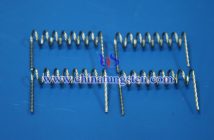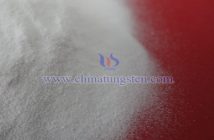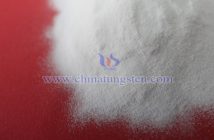As a common impurity element in ammonium metatungstate (AMT), sodium primarily affects its physicochemical properties and application performance in the following ways:
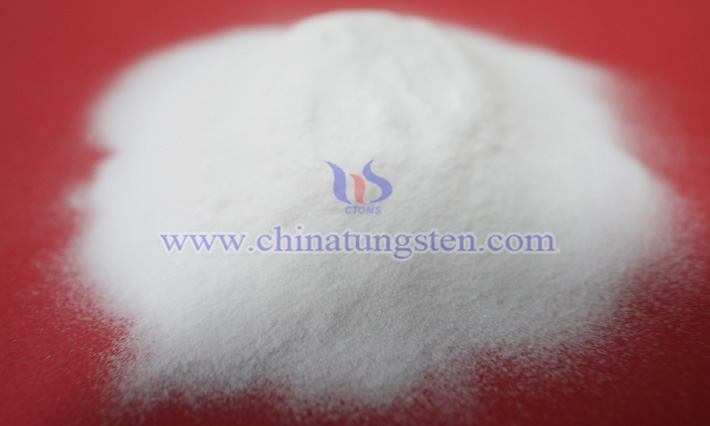
In the crystal structure of AMT, sodium typically exists as Na?, functioning by partially substituting NH?? within the crystal or adsorbing onto its surface. This substitution disrupts the original electrostatic balance between the Keggin-type polyoxoanion [H?W??O??]?? and cations, leading to lattice distortion and a significant reduction in the regularity of the crystal structure. From the perspective of ionic radius, Na? is smaller than NH??, and this size difference causes cell contraction, further damaging the originally stable hydrogen bond network within the crystal. These structural changes impact key properties of AMT, such as thermal stability and solubility.
Impact on Solubility: Due to the strong hydrophilicity of sodium ions, their presence makes the crystal structure more compact, reducing the pathways for water molecule penetration and thereby decreasing the dissolution rate of AMT.
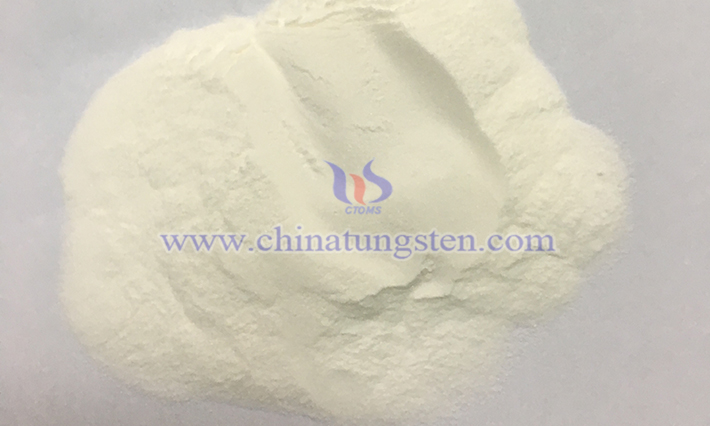
Impact on Thermal Stability: Sodium doping alters the dehydration and decomposition pathways of AMT. In the dehydration stage, the presence of sodium enhances the binding force between crystal water and the lattice, raising the dehydration temperature. In the decomposition stage, sodium ions hinder the decomposition of NH??, broadening the temperature range for NH? release. Additionally, sodium ions promote the phase transition to WO?, potentially introducing Na?WO? impurities in the final product.
Impact on Chemical Stability: When sodium substitutes NH??, the original NH?-NH?? buffering system of AMT in acidic environments is weakened, making the Keggin structure more prone to depolymerization into monotungstate ions under acidic conditions. In strongly alkaline environments, sodium ions combine with free OH?, accelerating the breakdown of the tungsten-oxygen framework and increasing the decomposition rate of AMT.

